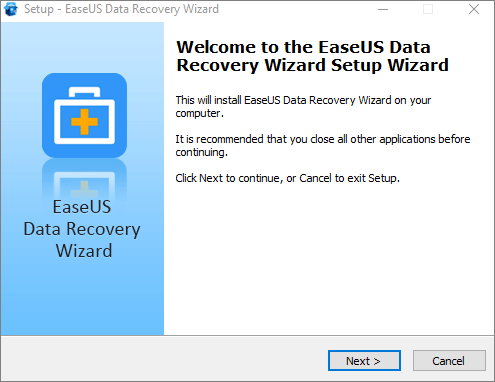
Researchers also draw heavily from game-theoretic literature on the more traditional form of kidnapping for ransom to obtain insights into its digital parallel, ransomware. Li and Liao propose a different model that the attacker may sell the stolen data rather than publish the data for free. Baksi and Upadhyaya demonstrate the conditions the defender is in a position of advantage to successfully neutralize the attack, but neither backup nor deterrence effort is considered. propose a two-stage model that considers backup effort on the defender’s part, but without the possibility of recovery failure or deterrence effort.

There is a very rich literature on game theoretic attacker-defender models for generic attack types, see e.g.,, and an emerging literature of game theoretic analysis of ransomware attacks. Even worse, a successful ransomware attack is often publicly and brazenly announced by the criminal, making it known that one’s corporate data is being held hostage, adding pressure on the victim to resolve it quickly, which almost always means swift payment. It is more than a mere nuisance for companies, even small ones, if vital files and documents, networks, or servers are suddenly encrypted and inaccessible. Various real-world examples of these scenarios are given in the next section when describing our models. Victims are often left with little choice: to regain access to their encrypted data without a decryption key, they have to either pay a ransom to the criminals behind the ransomware or try to restore from data backup (or rebuild the system in the absence of backup).
Free any data recovery torrent Pc#
It is a form of malicious software, or malware, that encrypts files and documents on a computer system, which can be a single PC or an entire network, including servers. Ransomware is a major type of cybercrime that organizations face today. Furthermore, our analysis of the D-I game suggests that the introduction of insurance leads to moral hazard as expected, with the defender reducing their efforts less obvious is the interesting observation that this reduction is mostly in their backup effort. We observe that the backup effort will be entirely abandoned when recovery is too expensive, leading to the (worst-case) first scenario which rules out recovery. Our analysis of the A-D game shows that the equilibrium falls into one of three scenarios: (1) the defender will pay the ransom immediately without having invested any effort in backup, (2) the defender will pay the ransom while leveraging backups as a credible threat to force a lower ransom demand, and (3) the defender will try to recover data, only paying the ransom when recovery fails. Note that recovery is not guaranteed to be successful, which may eventually lead to the defender paying the demanded ransom. The attacker then decides on a ransom amount in the event of a successful attack, with the defender choosing to pay ransom immediately, or to try to recover their data first while bearing a recovery cost for this recovery attempt. Our model assumes that the defender can invest in two types of protection against ransomware attacks: (1) general protection through a deterrence effort, making attacks less likely to succeed, and (2) a backup effort serving the purpose of recourse, allowing the defender to recover from successful attacks.

To this end, we provide theoretical and empirical analysis of a two-player Attacker-Defender (A-D) game, as well as a Defender-Insurer (D-I) game in the latter, the attacker is assumed to be a non-strategic third party.

In this paper, we present a game-theoretic analysis of ransomware.


 0 kommentar(er)
0 kommentar(er)
